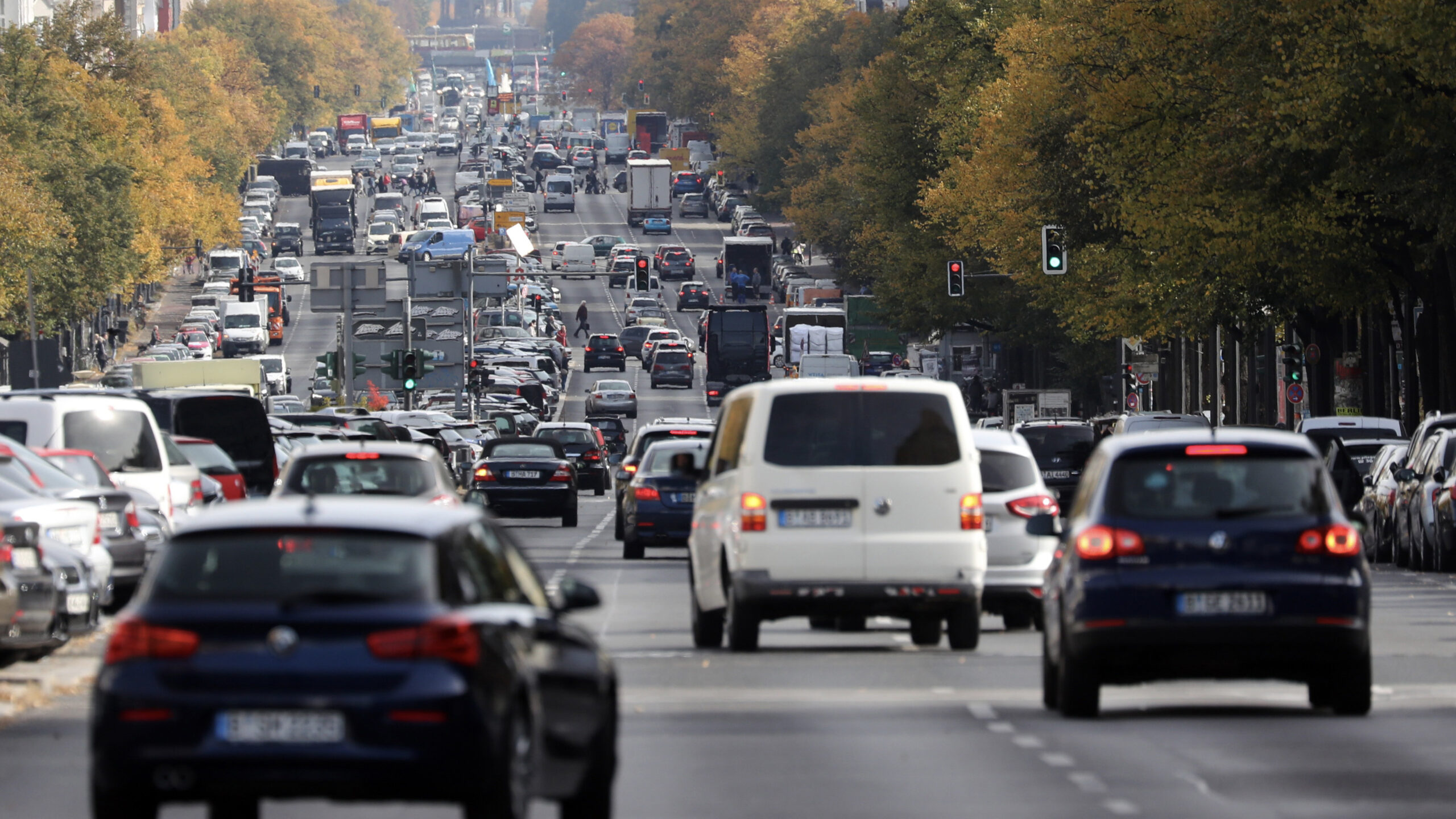
Put ‘polluter pays’ principle at the heart of environmental regulation, says Aldersgate

A report from UK non-profit Aldersgate sets out four principles for good environmental regulation
Environmental regulation should place an emphasis on polluters paying for the damage they cause to the planet, says a report by UK non-profit Aldersgate Group, which lays out four principles it believes can help create sound environmental rules.
“The default for regulation should be that the polluter pays for the damage it causes,” says the report. Polluters should sometimes “have flexibility in how they meet the requirements”, it adds, recognising that there may be occasions when it is impossible to link environmental damage to one source, “given the silent, mobile interconnectedness of the environment”.
In such a scenario, regulators “should carefully consider how the cost of improving the environment is allocated between sectors and business, and should avoid a situation where all the burden falls on one group of individuals, unless there are good reasons for doing so”, the report says.
The “polluter pays” principle is a widely accepted concept that imposes the cost of pollution on those that are responsible for it and is enshrined in the UK’s Environment Act 2021.
Further, a whole-of-environment approach should be taken by policymakers, says the report, which emphasises that one aspect of climate change should not be addressed by regulation in isolation.
It cites the example of a surge in diesel car usage in the UK and Europe in the 1990s and 2000s, a trend that was partly driven by a voluntary emissions standard that aimed to slash carbon dioxide emissions. Diesel cars produce lower CO2 emissions than petrol cars, but also release higher levels of nitrous oxides and particulate matter into the atmosphere. The increase in diesel fuel reduced air quality and led to worse outcomes for health and nature.
“The emissions standard was well intentioned, [but] it did not consider all aspects of the environment and the potential unintended consequences it might have,” Aldersgate says.
The regulation should also adopt a “multidisciplinary perspective”, it adds, highlighting the limitations of a “narrow cost-benefit analysis approach”. Environmental rules should go beyond this kind of analysis and draw on evidence from disciplines including biology, economics and engineering to obtain a fuller assessment of societal costs and benefits, the report recommends.
Likewise, considering multiple sectors would help to create more consistent incentives and cut costs, compared with the results of looking at different sectors in isolation, the report says. Existing regulation is fragmented, with environmental responsibilities split across multiple bodies, it adds, suggesting that “considering sectors in isolation reduces the information available when understanding trade-offs”.
Finally, the principle of fairness should be embedded in environmental regulation, Aldersgate says. Location, the ability to bear costs and intergenerational fairness are among factors that should be considered when deciding how to impose the burden of improving the environment. Regulators should allow for changes in approach when achieving desired results becomes too challenging or expensive, it adds.
You can read the full report here.
Similar Articles

Expanding UK ETS to cover heating and road transport fuels could cut domestic emissions by a quarter

‘Exponential’ increase in climate litigation could pose major financial risk for companies


